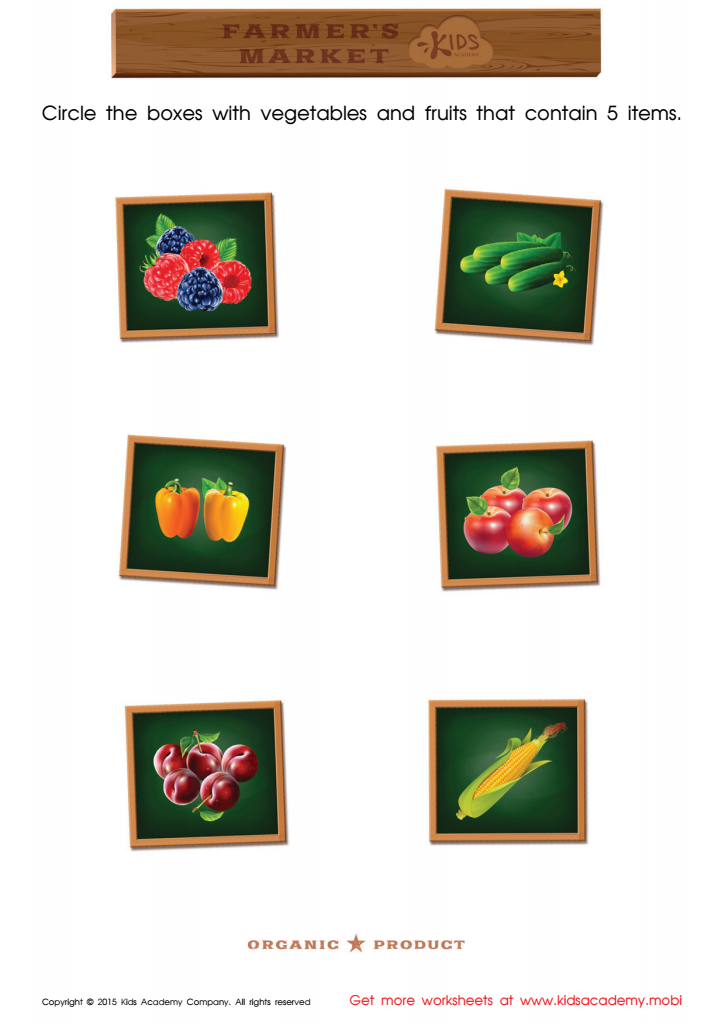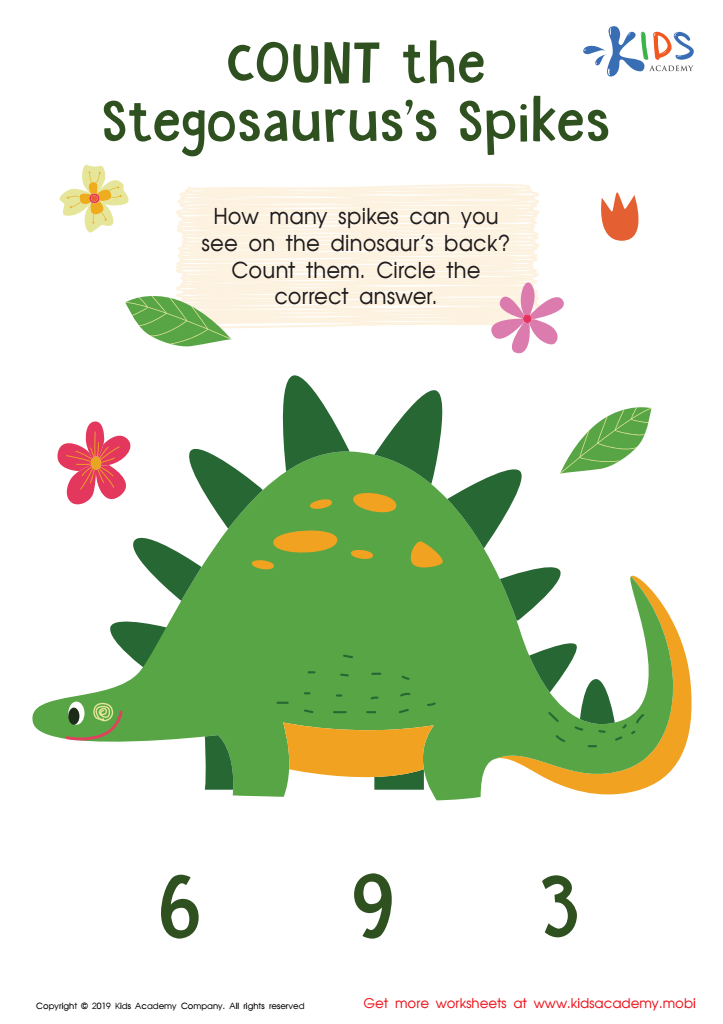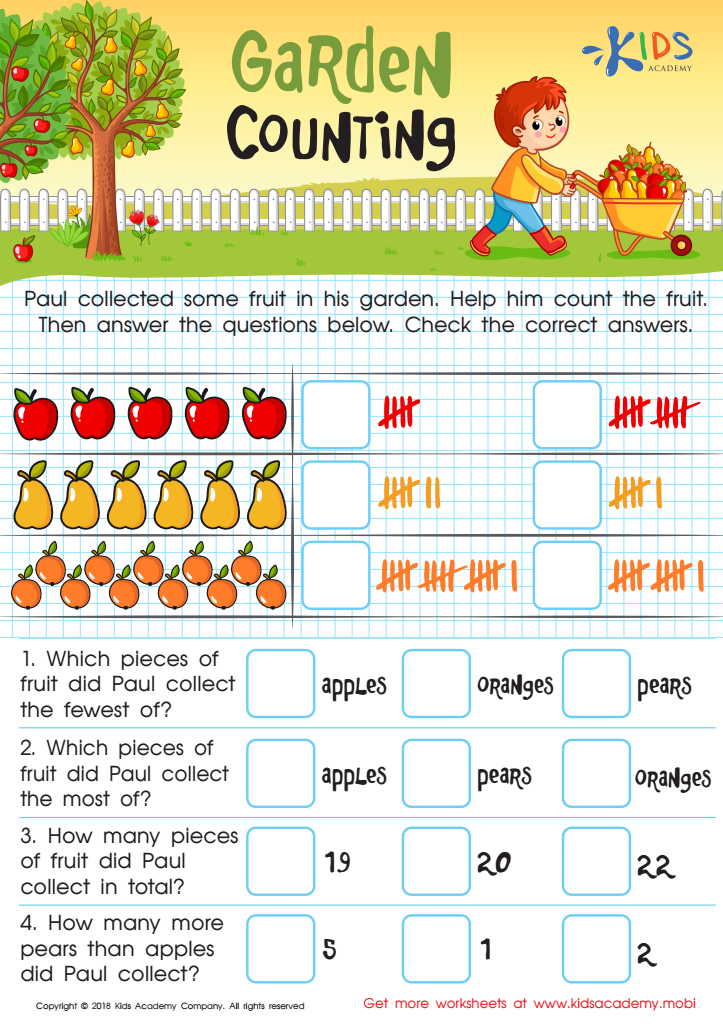Object identification Numbers Worksheets for Ages 3-7
3 filtered results
-
From - To
Discover our engaging Object Identification Numbers Worksheets designed specifically for children aged 3-7! These interactive worksheets provide a fun and effective way for young learners to strengthen their number recognition and counting skills through the identification of everyday objects. Featuring colorful illustrations and creative activities, our worksheets encourage children to match objects with their corresponding numbers, fostering cognitive development and early math skills. Perfect for classroom use or at-home learning, these resources make mastering numbers enjoyable and accessible. Give your child the foundational skills they need while they explore the world of numbers and objects in a playful way!


Count and Match Vegetables 1 – 7 Math Worksheet


Count the Stegosaurus's Spikes Worksheet


Garden Counting Worksheet
Object Identification Numbers (OIDs) are essential for parents and teachers in the early childhood education of children aged 3-7. At this developmental stage, children are naturally curious and eager to explore their environment. OIDs serve as unique identifiers for objects and can be invaluable tools for fostering cognitive development and learning.
First, using OIDs can help children classify and categorize items, enhancing their critical thinking skills. When children learn to recognize and use these identifiers, they become better problem solvers as they distinguish between different objects based on attributes such as size, shape, or color.
Second, OIDs promote independence and confidence. Children can take ownership of learning by recognizing and finding information independently. This practice empowers them to engage actively with their surroundings while enhancing their concentration.
Finally, OIDs facilitate communication between parents, teachers, and children. They enable effective documentation of a child's learning journey, allowing for targeted feedback and tailored support.
In summary, incorporating Object Identification Numbers into educational settings significantly impacts young children's learning experiences, offering opportunities for cognitive growth, independence, and meaningful engagement among caregivers and educators. It prepares children for future academic success by laying a foundation for essential skills.
 Assign to My Students
Assign to My Students






%20(1).jpg)









